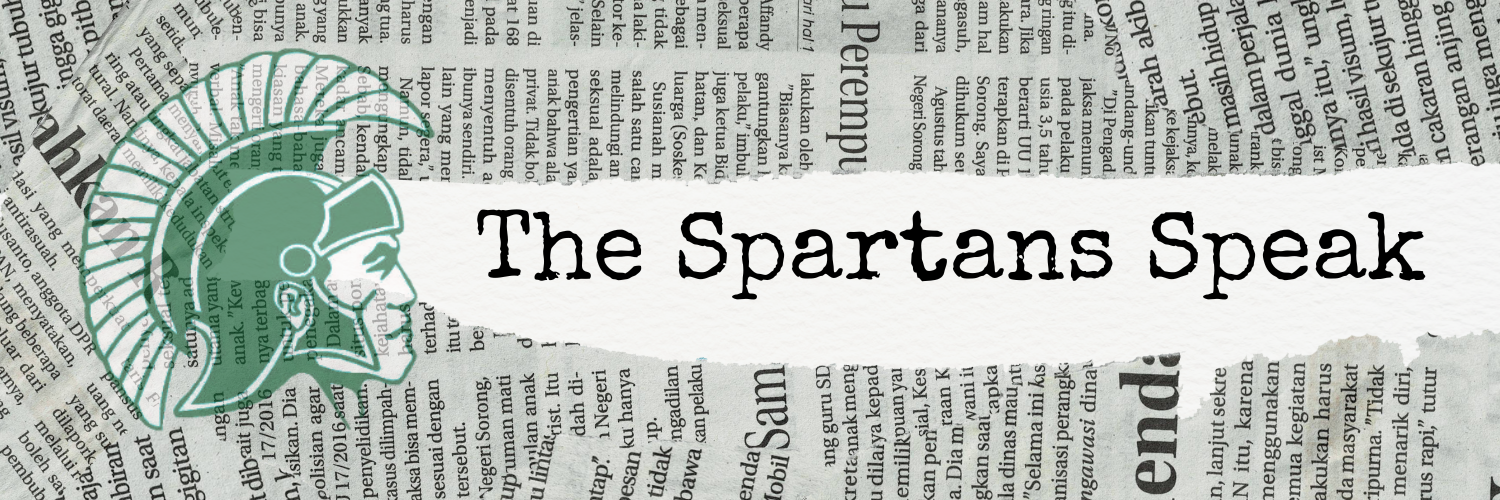Website restrictions can hinder learning
October 14, 2021
Pembroke Academy restricts multiple websites on its school network, many of which contain educational value.
The restrictions are made based on keywords that are considered inappropriate. Social media sites, such as Instagram and Tik-Tok are also restricted, as well as Google maps, Quizlet, live-streaming and Netflix.
Despite the fact that some of the sites are used for educational purposes, students do not have the access to them. For example, students in AP Biology do not have access to research a lot of the course content while in the building.
Students who need to study for a big exam do not have access to the flash cards and study guides on Quizlet. Therefore, to restrict a student’s access to this site is to restrict their education and learning.
Not every student has access to a personal computer to do their own research about school topics outside of school, and not every student has a personal device to study before a test.
Many students have also needed to access Google Maps at least once in an educational environment to know the area they are researching or its coordinates.
I have a biology class where we were required to know the location of a lion pride and the surrounding lakes and rivers, but we could not access that information because Google Maps was blocked.
Not everybody believes that students should have unfiltered access to the internet. Some people believe that students should be restricted from using these sites due to the fact that they can be abused and used for non-academic purposes.
Some people believe that if a student did not have restrictions they would be distracted by social media and playing computer games. That is accurate, and we should restrict students from accessing non-educational sites, such as computer games, but not from things that can better their education.
We need to know when web restrictions do more harm than good, and we need to know when our education is being restricted for no good reason.

